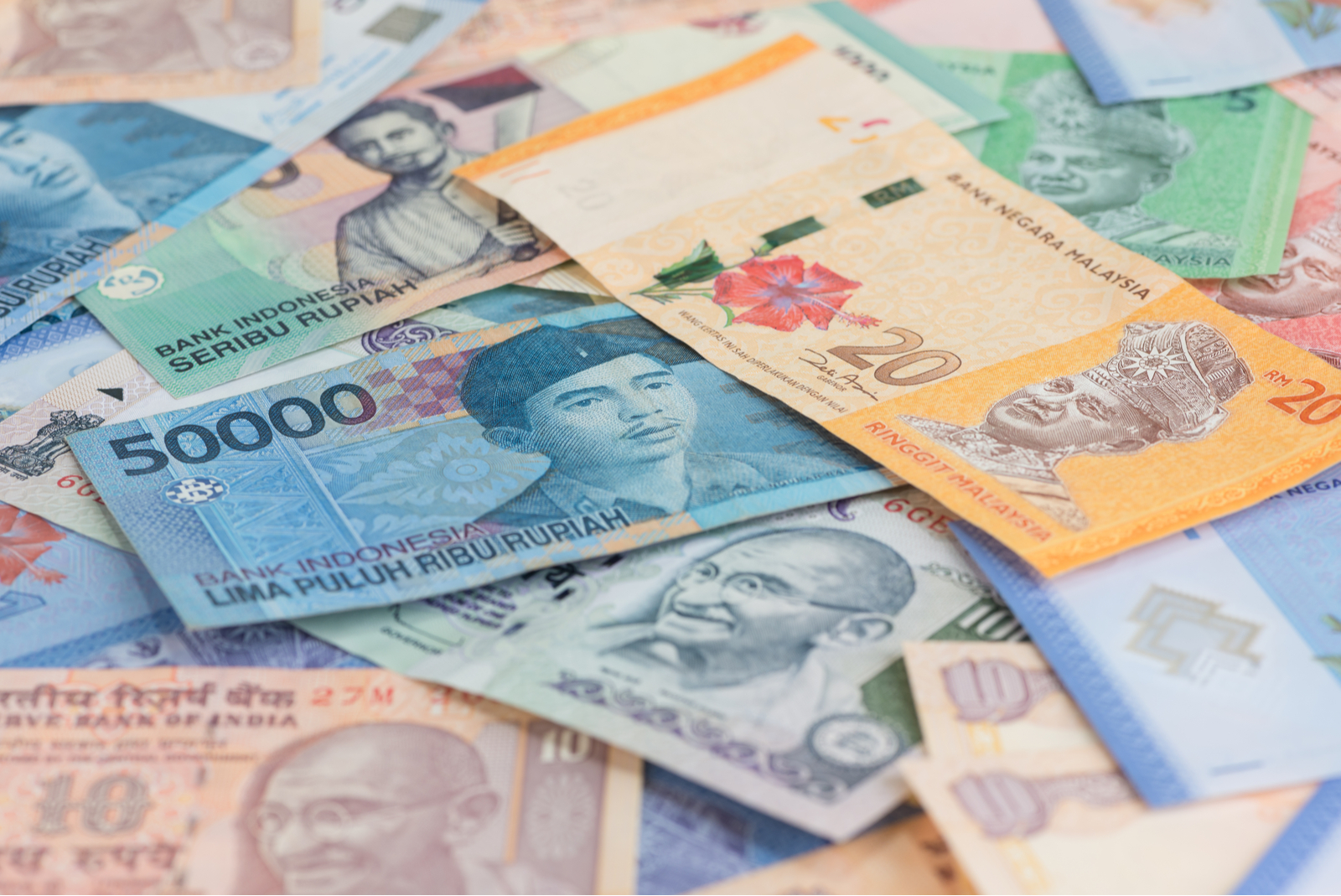Can modern monetary theory help emerging markets?

Can modern monetary theory help emerging markets? In yesterday’s issue we gave a short explainer for modern monetary theory (MMT) — an alternative approach to monetary policy that is growing in popularity in the US. How applicable is it to emerging markets though? Its detractors would say that, even if developed countries with full control of their currencies were able to disregard their budget deficits, there is no way it would ever work in emerging markets where governments don’t have the same fiscal capacity. Wrong, says Fadhel Khaboub, associate professor of economics at Denison University, who explains in this Bloomberg podcast (runtime: 38:44) how the MMT perspective could benefit emerging markets. Here are the key takeaways:
Most developing economies lack monetary sovereignty because they issue debt denominated in foreign currencies and/or they peg their national currencies to foreign currencies.
What causes this? Reliance on food and fuel imports, as well as exporting high value-added content and importing low value-added content.
How can countries regain control over their currencies? By reducing fuel and food subsidies, and replacing them with domestic renewable energy and locally-produced food. Countries need a clear industrial investment strategy to develop a high value-added manufacturing base.
International trade between advanced and developing economies is unfairly weighted: Emerging markets will develop faster if they focused their efforts on building trade with other countries with similar-sized economies.
MMTers are not members of the IMF fanclub: Emergency IMF loans are akin to a “bandaid” which result in higher external debt levels and lower degrees of monetary sovereignty, Khaboub says.